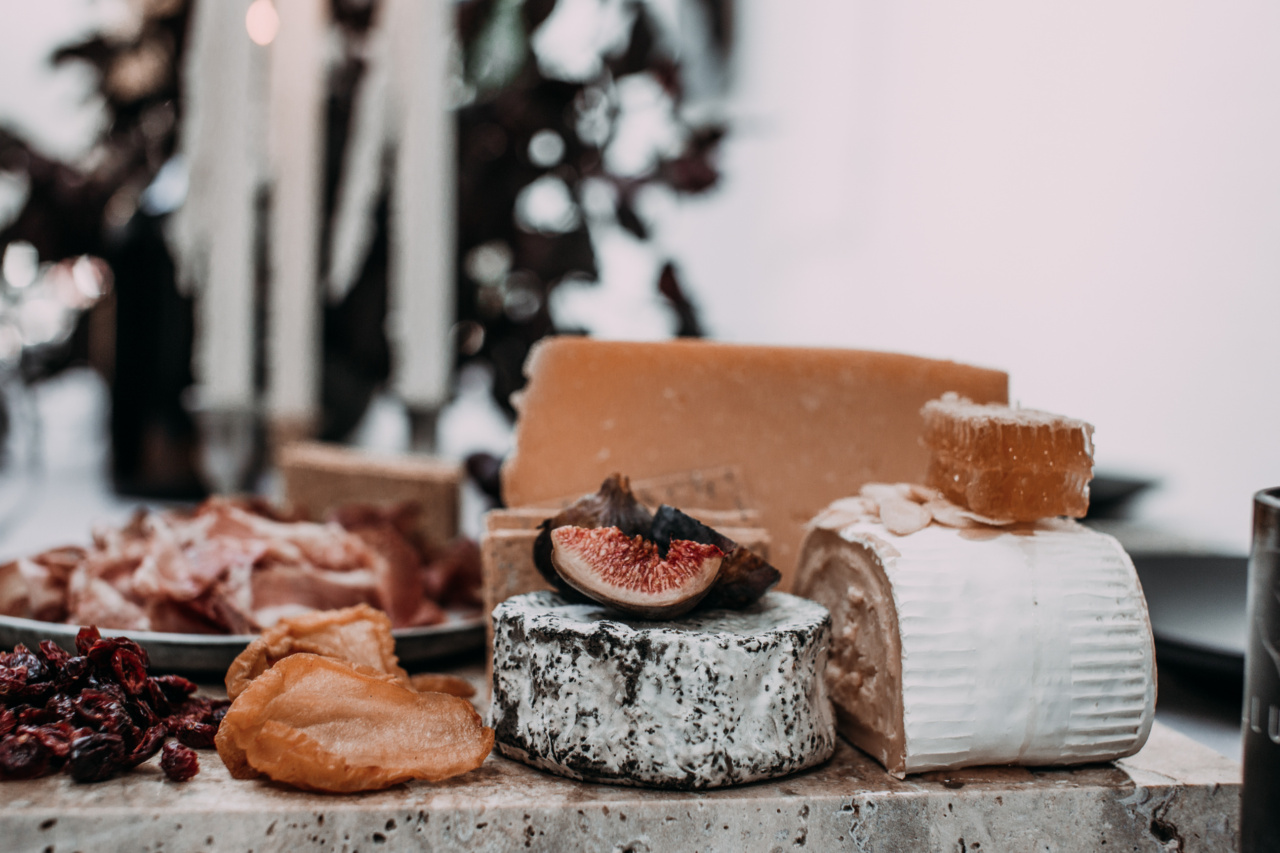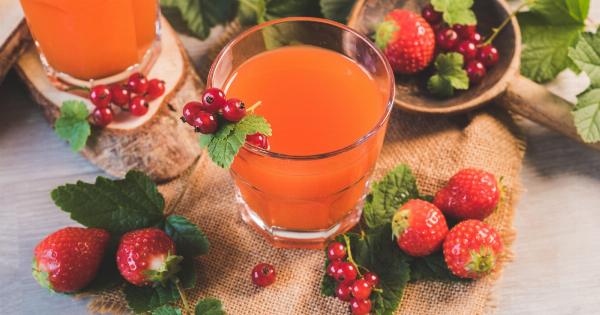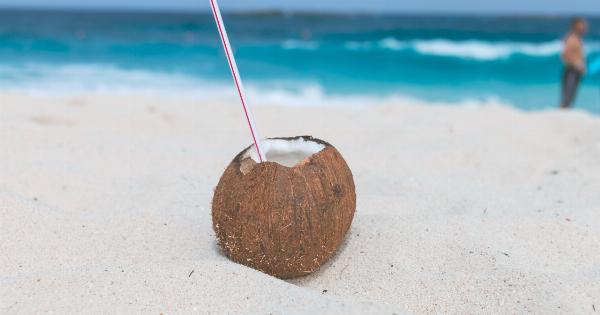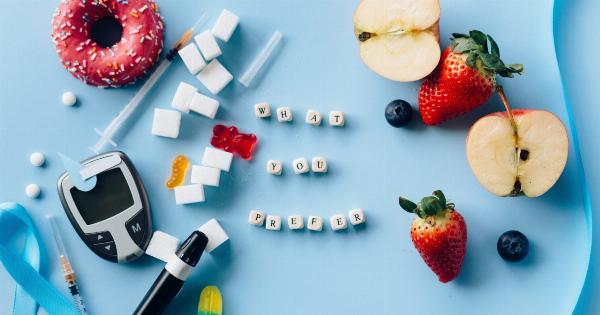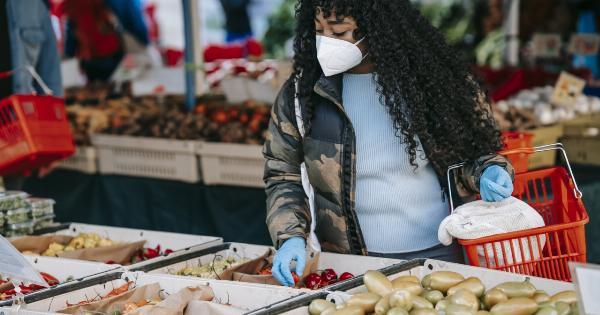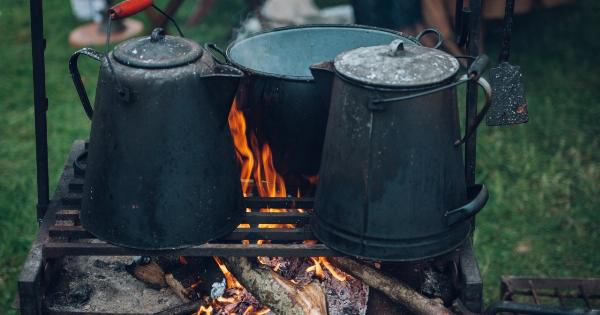Dried fruits are not only a convenient and tasty snack option but also a great source of essential nutrients.
One key nutrient that many people need to ensure an adequate intake of is iron, as it plays a vital role in the body’s proper functioning. In this article, we will explore which dried fruit contains the most iron per serving, enabling you to make informed choices about incorporating these delicious snacks into your diet.
Dried Apricots
Apricots are not only scrumptious but also contain a considerable amount of iron. In fact, dried apricots are among the top contenders when it comes to iron content in dried fruits.
With approximately 3.5 milligrams of iron per 100 grams, they make an excellent choice for a midday snack or a nutritious addition to your breakfast cereal.
Raisins
Raisins, which are dehydrated grapes, are another dried fruit that packs a considerable amount of iron. They contain around 1 milligram of iron per 100 grams.
Raisins are a popular choice for trail mixes and are commonly used as a natural sweetener in various baked goods.
Prunes
Prunes, dried plums, are not far behind when it comes to iron content. With about 0.93 milligrams of iron per 100 grams, prunes are a nutritious and fiber-rich option.
They are known for their digestive benefits and can be enjoyed on their own or incorporated into both sweet and savory dishes.
Dried Figs
Figs, when dried, become a great source of iron as well. These sweet and chewy fruits provide approximately 0.37 milligrams of iron per 100 grams. Besides their iron content, dried figs also offer other essential nutrients like calcium and potassium.
Dates
Dates are another popular dried fruit option that can contribute to your iron intake. These naturally sweet treats contain around 0.90 milligrams of iron per 100 grams.
Dates are often enjoyed as a standalone snack, but they are also commonly used in various desserts and smoothies.
Dried Mangoes
If you enjoy tropical flavors, dried mangoes can offer you a tasty way to boost your iron intake. With approximately 0.60 milligrams of iron per 100 grams, they make for a delightful guilt-free snack option.
Dried mangoes are also a rich source of vitamin C and dietary fiber.
Prune Juice
While not technically a dried fruit, prune juice is worth mentioning as it is derived from dried plums. Prune juice provides an easily accessible source of iron, containing about 0.72 milligrams of iron per 100 milliliters.
It offers numerous other health benefits and is a popular choice for aiding digestion.
Mulberries
Mulberries, which are dried berries from the Morus tree, are another dried fruit that contains iron. They provide approximately 1.85 milligrams of iron per 100 grams.
In addition to iron, mulberries also offer a range of antioxidants and other essential nutrients.
Cranberries
Cranberries, whether dried or fresh, are packed with various health benefits. While they are not particularly high in iron compared to some other dried fruits, they still provide a modest amount.
Dried cranberries offer around 0.52 milligrams of iron per 100 grams.
Cherries
Lastly, cherries, when dried, offer a small amount of iron. With approximately 0.36 milligrams of iron per 100 grams, they may not be among the highest sources, but they are still a delightful snack choice.
Dried cherries are often added to trail mixes or used as a topping for desserts.
Conclusion
When it comes to dried fruits with high iron content, apricots are the winner, followed closely by raisins and prunes. Other options like dried figs, dates, and mulberries also contribute to your iron intake.
Incorporating these dried fruits into your diet can be an enjoyable way to boost your iron levels naturally. Remember to consider the iron content along with other nutritional benefits when choosing your snacks.
